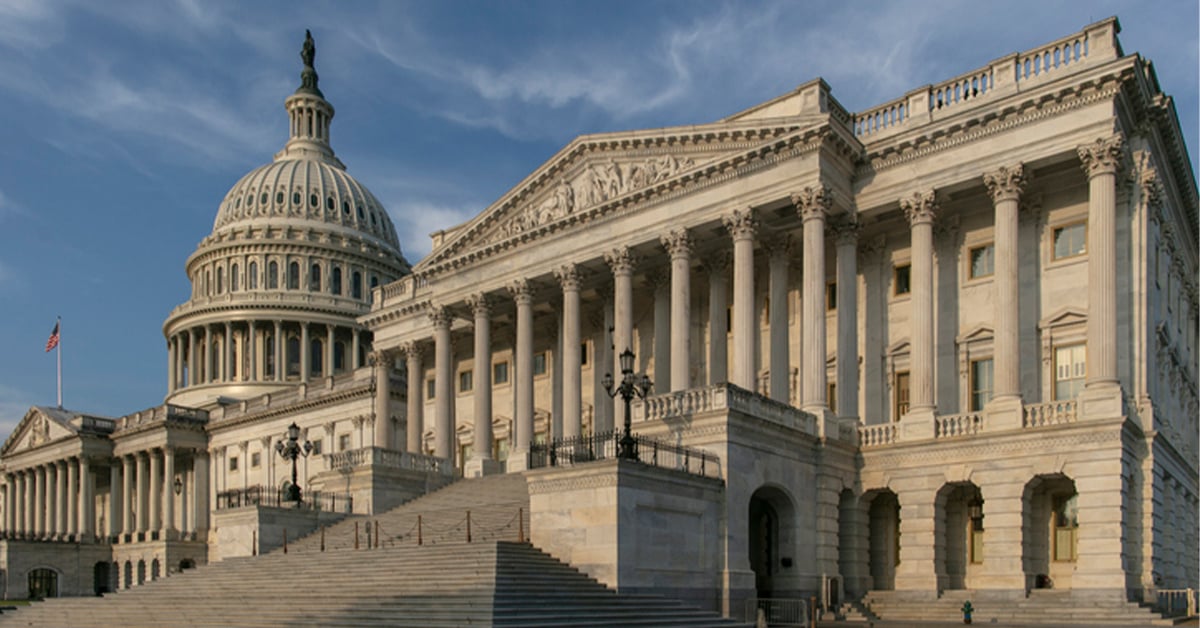What Nonprofits Can Expect From Washington’s New Political Landscape
January 14, 2025 •HoganTaylor

The reelection of Donald Trump as President and a Republican-controlled Congress are set to bring changes that could financially impact the nonprofit sector. The degree to which your organization will be affected depends on factors such as your mission, funding sources, and operating structure. Here are key issues to watch:
Exempt Status of “Terrorist Supporting Organizations”
On November 21, 2024, the Republican-led House passed legislation that would grant the U.S. Treasury Department authority to revoke the tax-exempt status of nonprofits it deems to be supporting terrorism. While the current Democratic-controlled Senate is unlikely to advance the bill, a Republican-majority Senate could take it up in 2025.
Several nonprofit advocacy groups, including the Council on Foundations, Independent Sector, National Council of Nonprofits, and United Philanthropy Forum, have expressed strong opposition. They argue that the bill would allow the Treasury Secretary unilateral discretion to designate nonprofits as “terrorist-supporting organizations” without requiring evidence disclosure. Designated organizations would have 90 days to appeal.
Spending Cuts and Funding Opportunities
President Trump’s campaign pledges to reduce federal spending could shrink grant availability for nonprofits relying on government funding. Compounding this, demand for essential services may rise if vulnerable populations lose access to food or housing assistance.
Nonprofits with missions centered on social justice, civil liberties, environmental advocacy, or diversity, equity, and inclusion (DEI) initiatives may encounter greater scrutiny and reduced funding. Conversely, faith-based organizations could see increased federal support, enhancing their ability to aid the homeless, food-insecure, and formerly incarcerated. Additionally, nonprofits focusing on school choice, STEM education, and vocational training may find new opportunities under administration priorities.
Tax Policy Shifts Affecting Charitable Giving
Charitable contribution deductions for itemizing taxpayers are expected to remain intact. However, the higher standard deduction from the Tax Cuts and Jobs Act (TCJA), scheduled to expire after 2025, is likely to be extended or made permanent. If so, fewer taxpayers would benefit from itemizing deductions, reducing the incentive for charitable donations.
Congress may also maintain a high gift and estate tax exemption (projected at nearly $14 million per individual in 2025). A continued high exemption could decrease high-net-worth individuals' motivation to donate substantial assets to charities. Similarly, potential reductions in capital gains taxes could diminish the appeal of donating appreciated assets since donors benefit from avoiding capital gains taxes and claiming a fair market value deduction.
Prepare Your Organization
Nonprofits reliant on federal funding or engaged in politically sensitive missions should proactively assess their risk exposure. Develop contingency plans for funding disruptions and regulatory changes. Explore alternative revenue streams, including state, local, and private foundation grants, and evaluate cost-saving measures.
Additionally, if your organization receives any government investigation notice related to finances or activities, consult legal counsel and financial advisors promptly.
By staying informed and adaptable, your nonprofit can navigate this evolving landscape and continue to serve your mission effectively.
How HoganTaylor Can Help
The HoganTaylor Nonprofit team of business advisors and CPAs is comprised of former CFOs, controllers, and industry experts with extensive experience providing the guidance organizations need to lean forward again in their leadership. If you have any questions about this content, or if you would like more information about HoganTaylor’s Nonprofit practice, please contact David Stiles, CPA, Nonprofit Practice Lead.
INFORMATIONAL PURPOSE ONLY. This content is for informational purposes only. This content does not constitute professional advice and should not be relied upon by you or any third party, including to operate or promote your business, secure financing or capital in any form, obtain any regulatory or governmental approvals, or otherwise be used in connection with procuring services or other benefits from any entity. Before making any decision or taking any action, you should consult with professional advisors.
Get Updates
Featured Articles
Categories
- Advisory Publications (6)
- Business Valuation (9)
- Employee Benefit Plans Publications (25)
- Energy Publications (6)
- Estate Planning Publications (34)
- Forensic, Valuation & Litigation Publications (20)
- HoganTaylor Insights (8)
- HoganTaylor Talent (49)
- Lease Accounting Publications (14)
- Litigation Support (1)
- Nonprofit Publications (59)
- Tax Publications (56)
- Technology Publications (6)
- Wealth Management (1)



